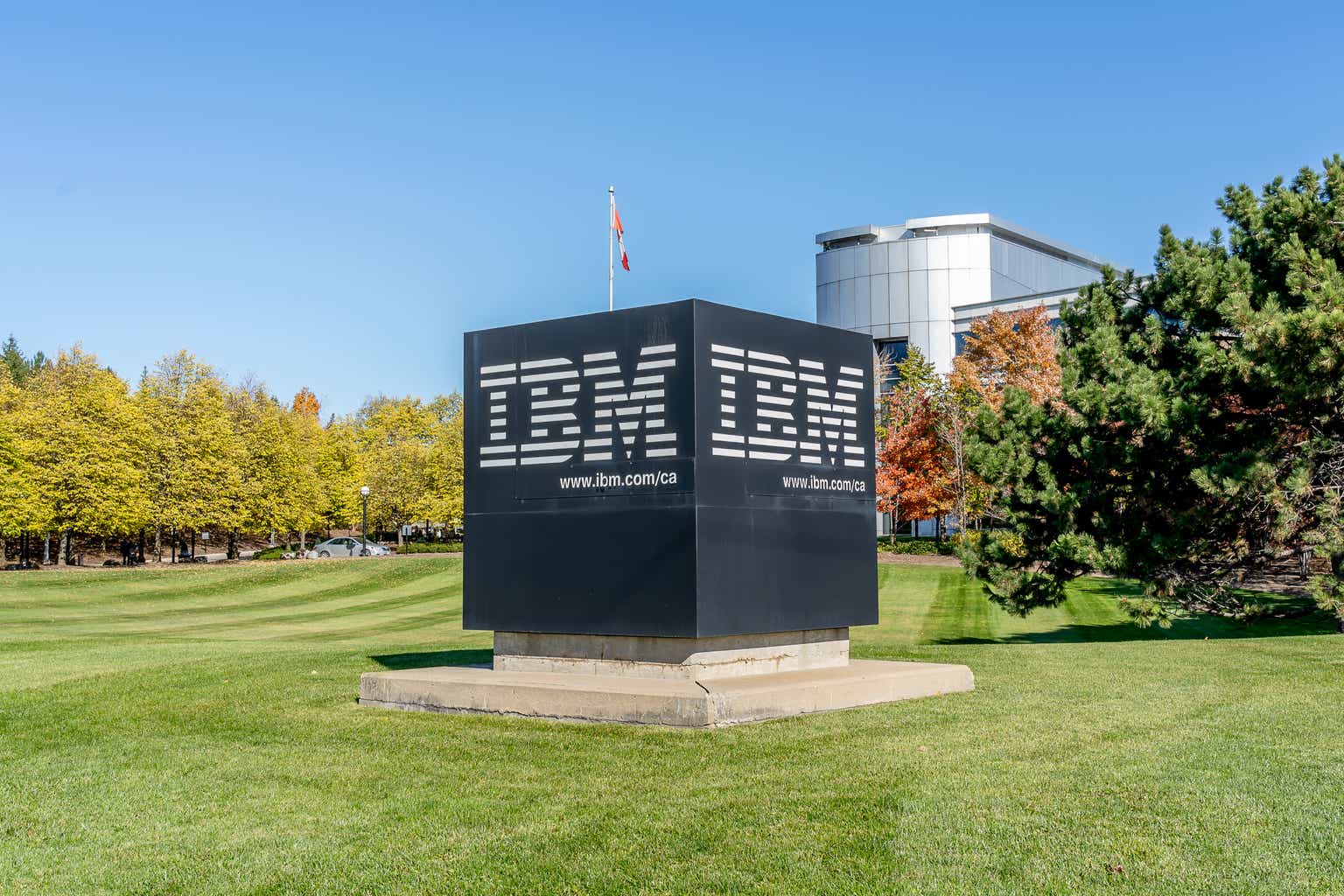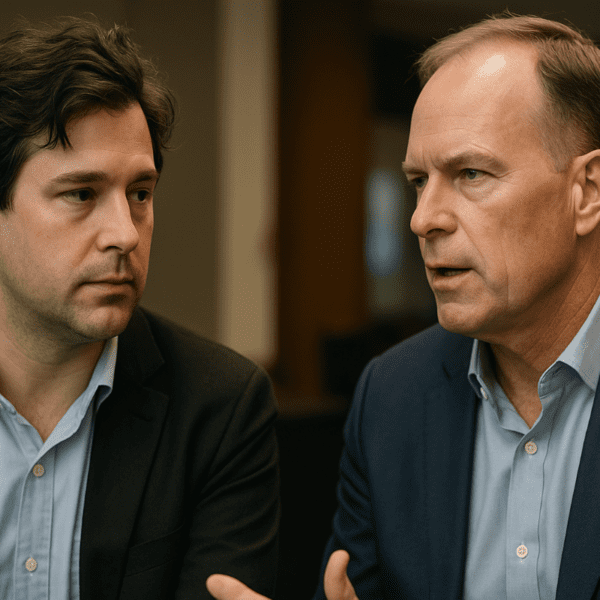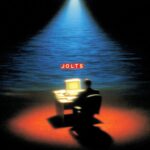Galeanu Mihai/iStock via Getty Images
Dear Partners,
I am pleased to report that Alluvial Fund produced a return of 15.5% in the third quarter, bringing our 2025 total return to 33.6% and strongly outpacing all relevant benchmark indexes. This is the third-best quarterly result in the fund’s nine-year history. I certainly cannot promise that the remainder of this year or next year will be as prosperous, but I will do everything in my power to deliver. I ask, as I do every time that Alluvial’s numbers look particularly strong over an arbitrary timeframe, for your patience whenever our next difficult stretch comes along. (And may it not be for a while!) I believe that Alluvial has demonstrated careful, prudent management through various market environments, good and bad, since we launched the fund in 2017. I think the results speak for themselves.
TABLE 1: Alluvial Fund LP Returns (%) as of September 30, 2025
Thus far in October, our portfolio is down modestly while stock indexes continue to climb. I have my share of concerns about the sustainability and composition of this market rally, which has seen the shares of companies best described as “extremely speculative” explode higher. Rigetti Computing, for instance, has nearly quadrupled since the beginning of September. For the uninitiated, Rigetti Computing (RGTI) is a “quantum computing” company working to create supercomputers with incredible speed and power. Problem is, these computers are at best several years away from commercial viability. For now, Rigetti’s total annual revenue is less than what a single busy Costco (COST) takes in weekly. And yet, investors have seen fit to reward Rigetti with a market value of $18 billion. Putting it plainly, investors are paying more than 2,000 times revenue and nearly 30 times assets for a company that may someday create a saleable product. By way of contrast, there’s a real estate investment trust, Mid-America Apartment Communities (MAA), that trades at around the same market value as Rigetti. But Mid-America owns something rather valuable: over 104,000 apartments. Roughly speaking, buying 1,150 shares of Mid-America for $151,800 is the proportional equivalent of owning one of Mid-America’s apartments. This apartment produces $21,000 in annual rents and $11,100 in cash after property expenses and financing costs. Again turning to proportionality, the same $151,800 investment in Rigetti Computing would net you $66 dollars in annual revenue and…not much else. I know which I would rather own.
I mean no insult to the people betting on companies like Rigetti or the scores of similar enterprises. Maybe they’re smarter than me. After all, they realized they could make ten times their money on companies without silly things like revenue and assets and I did not. But I simply can’t invest like that, if “invest” is the correct word. Maybe it’s my Appalachian/Rust Belt background, but I know what it looks like when things fall apart. I need to protect the downside, and I know no better way to do it than to invest in companies with durable cash flows, valuable assets, and healthy balance sheets. I like knowing that when the speculative fever dies down, the companies that Alluvial owns are backed by more than hopes and dreams.
Portfolio Updates
Our largest position continues to be Zegona Communications and my, what a year the company has had! In August, Zegona announced a binding agreement to sell a portion of its fiber optic network joint venture to Singapore’s sovereign wealth fund. When completed this quarter, the transaction will result in a large cash inflow for Zegona, enabling it to distribute a meaningful special dividend and effectively redeem the preferred shares it issued to Vodafone (VOD) in the Vodafone Spain buyout. Zegona continues to work toward monetizing another fiber optic joint venture, which should result in another large cash inflow. Together, these transactions substantially derisk the Zegona story. When we first invested, we were buying into a leveraged buyout situation where value creation was dependent on deleveraging through asset sales. Though I considered it unlikely, the process could have been derailed by skeptical regulators, jittery capital markets, or any number of macroeconomic troubles. Management has come through for shareholders in a big way with these asset sales. These transactions crystallize the value embedded in Zegona’s fiber optic network, normalizing the balance sheet and allowing Zegona to focus on operational improvements.
“Multiple arbitrage” is a well-known corporate strategy where a company trading at, say, 10x earnings attempts to buy companies for 5-8x earnings, hoping the market will continue to capitalize the resulting combined earnings at 10x. Instant value creation! Happily, it also works in reverse. The market values Zegona at about 6x cash flow, but the company keeps on finding assets it can sell for 12x or more. Zegona is rumored to be considering a sale of its mobile network infrastructure in conjunction with competitor MasOrange, and may also be considering a sale of data centers it acquired with Vodafone Spain. Either transaction would result in material additional cash proceeds that could be used for deleveraging, investment in growth and efficiencies, or returned to shareholders.
Despite their excellent performance year-to-date, I continue to see upside of 50% or more in Zegona shares. The company’s efforts to return to subscriber growth and improve margins should bear fruit in 2026, and further asset sales and return of capital announcements are potential catalysts.
I have been trimming our Zegona position, simply for the purposes of risk control. I think a lot about what I term “asteroid risk,” the possibility that some completely unforeseeable negative event, such as an asteroid obliterating company headquarters, could cause an investment to permanently impaired. My job as portfolio manager is to ensure Alluvial Fund is never so exposed to a particular security that an unforeseeable event, be it celestial or biological in origin, could leave a smoking crater in our portfolio. Sometimes this means selling shares of fundamentally sound companies simply because they have grown to a size that exceeds sensible risk limits.
FitLife Brands also had a busy August, announcing and then closing a deal to acquire Irwin Naturals (OTCPK:IWINQ). Irwin is a major vitamins and supplements producer that decided to expand into ketamine therapy clinics. The results were disastrous, and FitLife (FTLF) was able to acquire Irwin Naturals’ assets (not including the shuttered clinics) out of bankruptcy. The $42.5 million purchase price was funded with balance sheet cash and bank debt. At $18, FitLife shares are trading at around 11x my estimate of 2026 free cash flow.
Here is the part where I confess to not being a particular fan of FitLife’s industry. The vitamins and supplements space is competitive and the evidence for the effectiveness of most products is dubious. But this negativity is more than overcome by my glowing view of FitLife’s leadership. CEO and largest shareholder Dayton Judd has proved himself immensely capable in both operations and acquisitions strategy. Mr. Judd has a particular talent for identifying valuable brands and product lines owned by companies in financial distress or bankruptcy, acquiring those assets, and plugging them into FitLife’s existing distribution. The Irwin Naturals acquisition is impressive and the market has responded accordingly, but I am confident that FitLife is just getting started. I suspect that FitLife shares will have a home in Alluvial Fund for many years to come.
TABLE II: Top Ten Holdings, 9/30/25 (%)
McBride plc , our British soap and detergent producer, remains a core holding. Shares dipped in July following the mid-year trading update, only to rebound in September when the company reported exactly the same information they had provided in July. Perplexing, to say the least. McBride remains cheap by any measure, changing hands at less than 5x operating income and 6x earnings. The company’s balance sheet has been restored to health and dividends resumed. I can’t help but think a big factor in McBride’s persistently low valuation is its status as a UK-domiciled, London-listed company. The British economic outlook remains gloomy, and the London Stock Exchange (OTCPK:LDNXF) is grappling with declining relevance and investor interest. McBride does have several large holders in its share register. Presumably, these shareholders are invested with an eye toward achieving good returns, not for the psychic rewards that accrue to owners of dishwasher pods and laundry powder manufacturers. If McBride shares continue to languish, I expect that one or more of these holders will push for the company to sell itself.
Rounding out the major developments in our portfolio, NewPrinces Group has announced a plan to list a minority stake in UK food producer Princes on the London Stock Exchange. The listing would be significant for the LSE, but even more significant for NewPrinces. Assuming the offering goes ahead, NewPrinces will sell a stake in Princes at a valuation nearly twice what it paid for Princes just last year. The purchase of the transaction is to both crystallize the value NewPrinces has created in optimizing Princes and to build a war chest for further acquisitions in the European food sector.
The Losers, or as I prefer to call them, “Pre-Winners”
Of course, not everything in the Alluvial portfolio has performed well this year. The fund has an 11% allocation to real estate investment trusts in out-of-favor sectors. Peakstone Realty (PKST) is having a good year, up 20% as the trust’s transition from mixed office and industrial properties to purely industrial properties gains momentum. But while sentiment around offices has improved, shares of Net Lease Office Properties have not responded. The pace of property sales has been slower than I expected, but there is reason to believe we will see some significant property sales soon.
The trust is now marketing its single largest asset, a one million plus square feet office building in central Houston. At $29 per share and excluding all properties encumbered by mortgages, Net Lease trades at a cap rate of nearly 18% and $87 per square foot of real estate. The trust also has multiple vacant properties it is working to sell that represent additional sources of value.
CBL (CBL) has been working to upgrade its portfolio of malls, selling some weaker class C properties and buying out its partners in high quality locations. The trust has also announced refinancing agreements on multiple properties, reducing interest costs and pushing out maturities. These actions, combined with continued debt reduction, leave the company on stronger financial footing and with substantial cash flow for distributions and investment. But at the end of the day, it’s simply tough for a tiny REIT with less than $500 million in free-floating shares to get much attention, particularly when it owns malls.
TABLE III: World Allocation, 9/30/25 (%)
TABLE IV: Sector Breakdown, 9/30/25 (%)
We are also longsuffering shareholders of Unidata SpA , an Italian broadband communications provider with an extensive network in and around Rome. Despite growing cash flow by 67% since 2022 and expanding its fiber network by 45%, shares are down almost 40% over the period. Unidata shares now trade at just 4.4x 2025 EBITDA, a striking discount to private market values for fiber optic networks. It has been a rough few years for Italian small-caps and micro-caps in general, so its no surprise that Unidata has languished. I continue to believe that as Unidata’s earnings stream continues to grow, at some point the market will have no choice but to take notice.
As we wait for the market to see the value in Net Lease Office Properties, CBL, Unidata, and other less popular holdings of ours, I am reminded that if you going around looking to buy out-of-favor assets, sometimes that is exactly what you get.
Expert Markets Update
Expert Markets securities remain a focus for Alluvial Fund. These are securities that were once traded over-the-counter but now can only be purchased via niche brokers thanks to a 2021 SEC rule change. Expert markets holdings account for 7.5% of Alluvial Fund’s net asset value.
Despite the limited number of participants in the Expert Market, liquidity in many names is reasonably healthy. Even so, I would limit Expert Market holdings to no more than 10% of fund assets to manage liquidity risk.
In the quarter, Alluvial Fund added to its holdings of PHI Group , a helicopter operator with medical flight and oil & gas service segments. PHI Group is incredibly profitable, has net balance sheet cash, and trades at half the value of publicly listed peers. PHI Group is majority-owned by a private equity firm. This firm has owned PHI for several years and appears to be seeking an exit. Chances are good that PHI Group is sold or listed on a major exchange in the short term.
The fund also holds a collection of income-oriented Expert Market securities that offer attractive yields and reasonable safety of principal. These holdings offer a 9.6% weighted average current yield and a 12.3% weighted average yield-to-maturity. I will seek to add to these holdings on any liquidity-driven declines they may experience.
Since quarter’s end, Alluvial has started a position in a post-reorganization energy engineering and contracting company. Since exiting bankruptcy, this company has worked through low margin legacy projects, rebuilt its backlog, and cleaned up its complicated capital structure. Earnings are poised to inflect higher in coming years and the company has resumed public reporting. Details will follow once we have built our full position in the company.
In Closing
Thanks for reading. I try to keep these missives informative without being longwinded. I know nobody is invested in Alluvial for my sparkling insights on macroeconomics or investing philosophy, so those are omitted in the entirety.
Please do not hesitate to reach out with any questions on our portfolio holdings or strategy. As someone whose entire net worth is invested in Alluvial’s managed strategies, believe me when I say I spend virtually every waking hour thinking about our collective enterprise. Alluvial will hold our customary semi-annual update with a question and answer session in November. Details will follow.
If you like Alluvial’s approach to investing and you want to learn more about our new offering, Tactile Fund, please reach out. Tactile is invested in a global collection of businesses with rare and irreplaceable physical assets that satisfy unchanging human wants and needs. I believe the Tactile strategy provides a valuable hedge against inflation, currency debasement, and rapid technological change. The “Founder’s Class” with discounted fees is still open. I try not to bombard you with spiels for Tactile, but I believe in the strategy and I hope you will not begrudge me a quick pitch now and then.
I wish you and yours peace and happiness in the upcoming holiday season, and I look forward to writing to you again in the New Year.
Best Regards,
Dave Waters, CFAAlluvial Capital Management, LLC
Editor’s Note: The summary bullets for this article were chosen by Seeking Alpha editors.
















